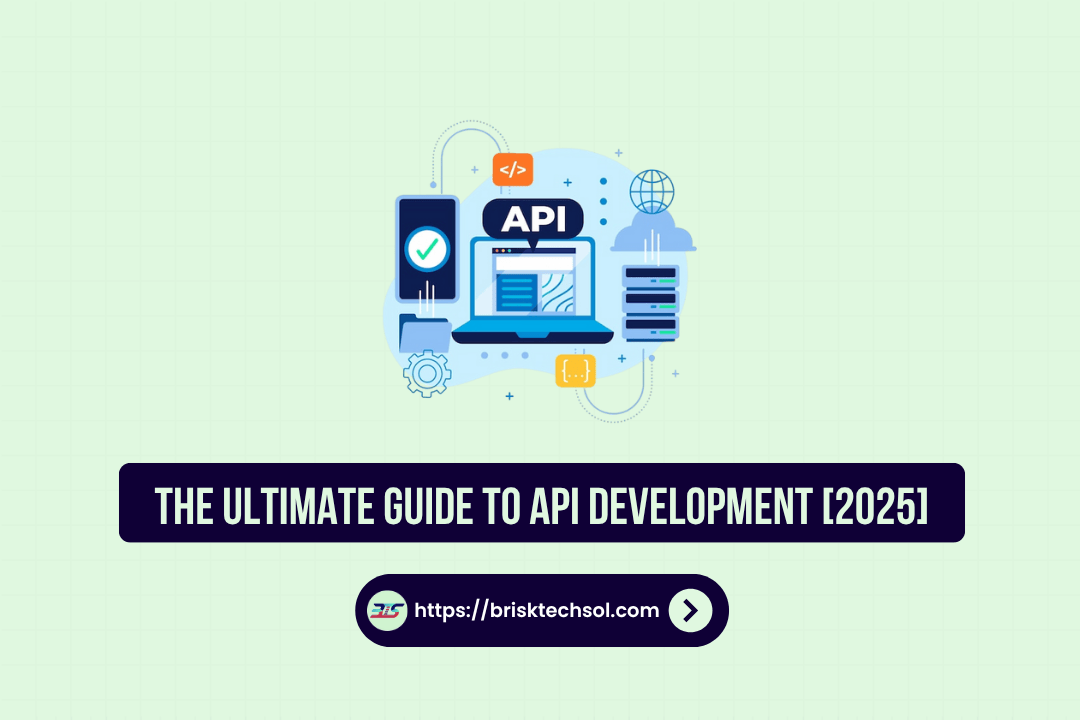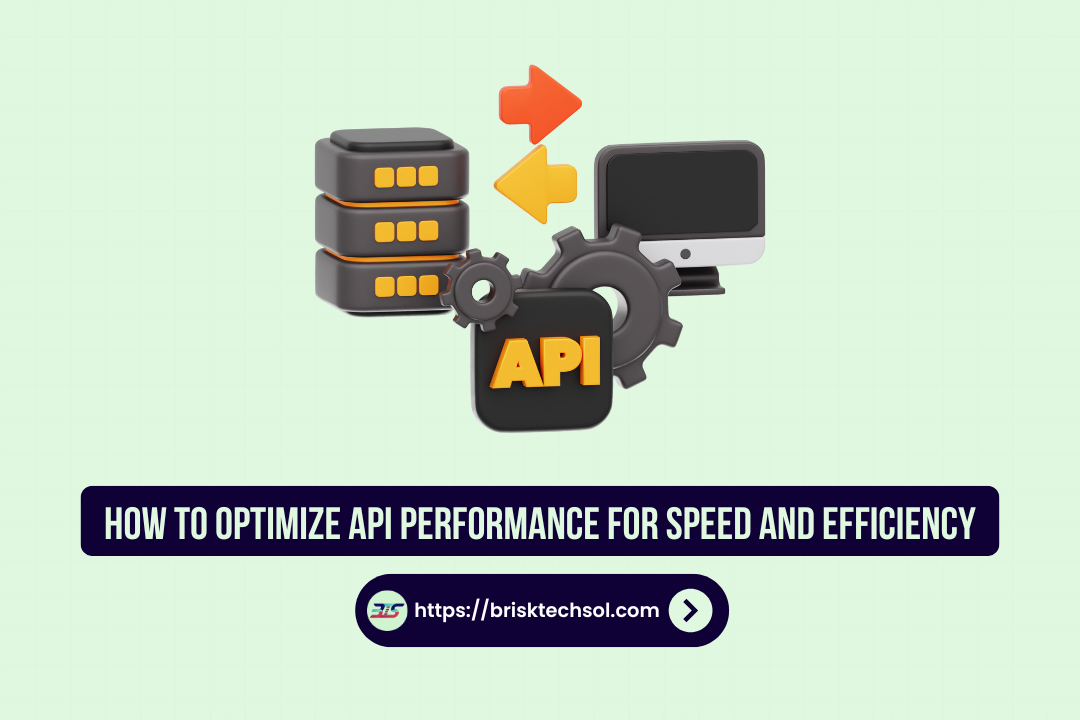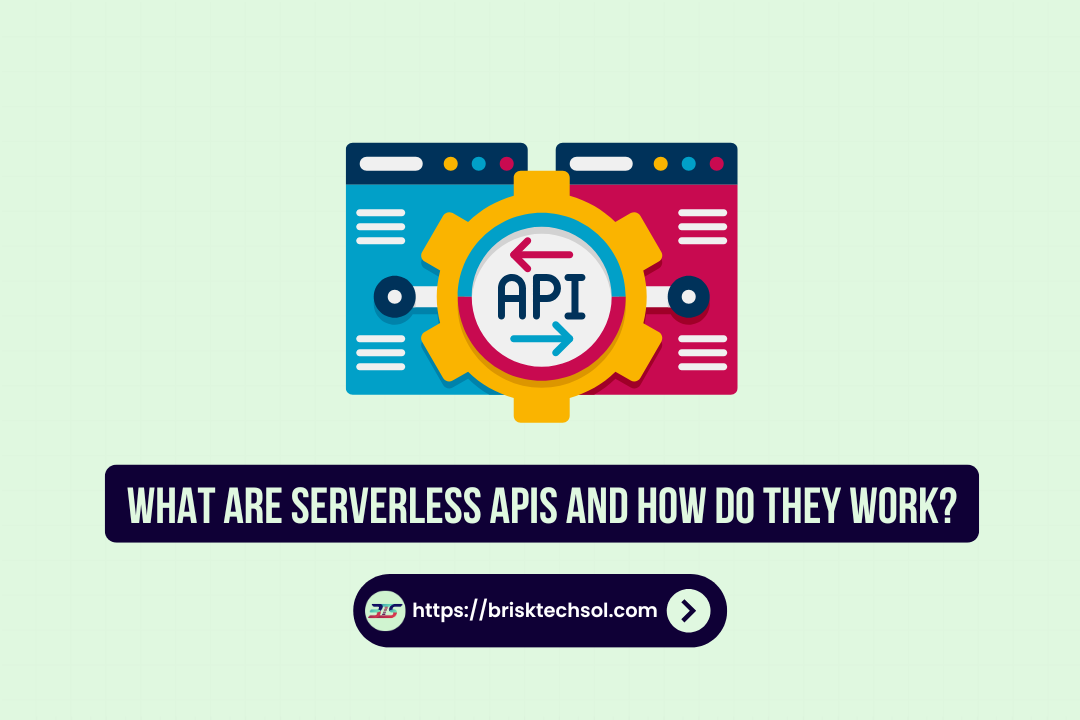Programming has become one of the most lucrative and dynamic professions globally. But not all programming languages are created equal when it comes to earning potential. If you’re considering a career in coding or looking to level up your skills, choosing the best paying programming languages can make a significant difference to your paycheck. This guide covers everything you need to know about high-paying programming languages, the factors influencing salaries, job market trends, and actionable tips to help you get started.
What Influences a Programmer’s Salary?
Understanding salary variations in programming goes beyond just picking a language. While the programming language you specialize in does matter, several other factors play a pivotal role in determining how much you can earn as a professional coder. Your level of experience, the industry you work in, the demand for specific skills, and even your location can significantly influence your earning potential. Additionally, certifications, the size of the company, and your ability to work on complex projects can also impact your salary as a programmer.
1. Experience and Skill Level
Junior developers and beginners typically start with entry-level salaries, but as you gain experience, specialize in frameworks, and take on leadership roles, your earning potential skyrockets.
2. Location
Developers in tech hubs like San Francisco, London, or Berlin usually command higher salaries compared to those in smaller cities or regions where tech isn’t a dominant sector. This is largely due to the concentration of major tech companies, startups, and investment in these cities, which drives up demand for skilled talent. Additionally, the cost of living in these tech hubs is significantly higher, which also contributes to the need for competitive salaries to attract and retain top-tier developers.
3. Specialization
Niches like machine learning, artificial intelligence, and blockchain are some of the highest-paying fields due to their specialized nature and the growing demand for expertise in these areas. These technologies are driving innovation across industries, from healthcare and finance to gaming and supply chain management, creating a significant need for skilled professionals. However, the talent pools for these fields remain limited, further increasing the value of individuals with the right knowledge and experience. As businesses continue to invest in these cutting-edge technologies, the demand and the salaries are only expected to rise.
4. Company Type and Size
Startups might offer equity and lower salaries, while established tech giants like Google, Amazon, and Microsoft provide competitive pay, bonuses, and benefits packages. Now that you know what influences salaries, let’s explore the programming languages most likely to pad your bank account.
The Best Paying Programming Languages
Whether you’re a beginner or an experienced coder looking to boost your salary, here are the best programming languages for maximizing your earnings.
Python
Python is the Swiss Army knife of programming languages. It’s highly versatile and in demand across multiple sectors, including data science, artificial intelligence (AI), and web development.
- Why it pays well: Python’s versatility and its ability to power cutting-edge technology like AI, machine learning, and data science make it immensely valuable to businesses that are driving innovation. Its simplicity and efficiency allow developers to build complex applications faster, making it a go-to choice for companies looking to stay ahead in competitive industries.
- Notable industries: Python is widely used in industries such as AI, data analytics, fintech, healthcare, web development, and even entertainment. From predicting financial trends to improving patient outcomes in healthcare, Python’s applications are virtually limitless.
- Average salary: Python developers in the US earn an average of $120,000 annually. Specialized roles, such as data engineers, AI researchers, and machine learning specialists, can command significantly higher salaries due to the advanced skills and expertise required for these positions. Additionally, the demand for Python developers continues to rise, further driving up potential earnings.
Java
Java has been a mainstay of enterprise software for decades, remaining indispensable for large-scale business applications. It’s also the driving force behind Android app development.
- Why it pays well: Java’s versatility in building robust, scalable systems makes it a cornerstone of the enterprise ecosystem. Its ability to handle complex applications and support multi-threading ensures it remains in high demand for companies seeking reliable and efficient software solutions. Additionally, Java’s long-standing reputation as a secure and stable programming language solidifies its value in critical industries.
- Notable industries: Java is widely used in enterprise software, banking, cloud computing, and Android development. In banking, it powers secure, high-performance applications, while in cloud computing, it supports scalable backend systems. Its role in Android development is essential, as it forms the backbone of countless mobile applications.
- Average salary: Java developers command competitive salaries due to the high demand for their expertise. On average, they earn around $105,000 annually, with senior developers earning between $120,000 and $140,000, depending on their experience, location, and the complexity of the projects they work on. This reflects the critical role Java developers play in maintaining and advancing key business technologies.
JavaScript
JavaScript powers the web. It’s used for both front-end experiences and back-end development, thanks to the rise of Node.js.
- Why it pays well: JavaScript developers play a crucial role in creating dynamic, interactive web applications that are essential for modern businesses. This includes everything from responsive user interfaces to seamless backend functionality. Full-stack developers, who use JavaScript for both frontend and backend development, are especially sought after as they can handle multiple aspects of a project, making them invaluable to companies looking for versatile, skilled professionals.
- Notable industries: JavaScript is widely used across several booming industries, including web development, e-commerce platforms, mobile applications, and even game development. Its versatility and vast ecosystem of frameworks and libraries make it a cornerstone of the tech world.
- Average salary: JavaScript developers typically earn around $110,000 annually in the U.S reflecting the high demand for their skills. Developers specializing in full-stack JavaScript roles or advanced frameworks like React, Node.js, or Angular may command salaries exceeding $130,000, depending on experience and location.
C#
C# (pronounced C-Sharp) is a favorite for game development, thanks to its long-standing relationship with Unity, a popular game engine. It’s also widely used in enterprise applications.
- Why it pays well: C# is a versatile and powerful programming language that drives innovation in both gaming and enterprise software. It’s widely used to build robust applications, making it an in-demand skill across various industries. Employers value C# developers for their ability to create high-performing, scalable, and reliable software solutions.
- Notable industries: C# is a cornerstone in industries such as gaming, enterprise IT, and virtual reality (VR). In the gaming sector, it is especially popular for developing games on platforms like Unity. In enterprise IT, it powers complex systems and applications, while in VR, it is often used to create immersive experiences.
- Average salary: C# developers earn an average of $100,000 per year in the U.S. However, salaries can go even higher for specialized roles. Game developers working at premium studios or those skilled in advanced applications of C# within emerging industries like VR can command significantly higher pay.
Go (Golang)
Go, also known as Golang, is quickly gaining traction in cloud computing and DevOps. Designed by Google, it excels in performance and simplicity, making it a favorite for scalable systems.
- Why it pays well: Go’s efficiency, simplicity, and reliability have made it a top choice for systems programming, cloud infrastructure, and microservices. Its ability to handle high-performance tasks with minimal resources has solidified its reputation as a powerful tool in modern software development. Companies value Go developers for their ability to build scalable, efficient, and robust solutions, which is why the skill is so highly sought after.
- Notable industries: Go is widely used in cloud computing, DevOps, backend systems, and even emerging technologies like blockchain. It’s particularly popular among companies building scalable platforms, containerized applications, and distributed systems, making it a go-to technology in industries requiring innovation and reliability.
- Average salary: Go developers earn an impressive average salary of $115,000 annually. Those specializing in DevOps or backend engineering with extensive Go experience often exceed six figures, reflecting the high demand and specialized nature of the skill set.
Trends in the Programming Job Market
The programming job market evolves as rapidly as technology itself. Staying ahead of the curve can position you for the highest-paying roles. Key trends to watch include:
- The Rise of AI and Machine Learning. As artificial intelligence and machine learning continue to transform industries, programming languages like Python and R remain essential for building and training complex models. These technologies are being applied in areas such as healthcare, finance, and even creative industries, making skills in AI and machine learning increasingly valuable.
- Cloud Computing. The shift to cloud-based infrastructure has created a strong demand for expertise in platforms like AWS, Azure, and Google Cloud. Programming languages like Go and Python are widely used for developing scalable cloud applications and managing cloud services. As businesses of all sizes migrate to the cloud, professionals with these skills are highly sought after.
- Remote Work. The rise of remote work has led to a global expansion of programming roles, allowing companies to hire talent from anywhere in the world. This shift has opened up opportunities for developers beyond traditional tech hubs, enabling greater diversity in teams and access to a broader talent pool.
Skills and Certifications to Boost Your Earnings
Knowing high-paying programming languages isn’t quite enough to secure top-tier salaries. Complement your expertise with the following strategies for career growth.
- Certifications: Earning certifications such as AWS Certified Developer, Google Cloud Certified, and Microsoft Azure certifications can significantly enhance your skillset and earning potential. These programs not only validate your expertise but also make you stand out to employers in competitive fields. Many of these certifications come with hands-on learning that prepares you for real-world challenges.
- Continuous Learning: Technology moves at lightning speed, and staying updated is essential for career growth. Online platforms like Coursera, Udemy, and LinkedIn Learning provide access to courses on the latest tools, programming languages, and industry trends. Dedicating time to continuous learning ensures you stay relevant and competitive in an ever-changing job market.
- Portfolio Development: A strong portfolio is crucial for showcasing your skills and experience to potential employers or clients. Focus on including real-world projects that demonstrate your expertise, particularly in high-demand areas like AI, blockchain, and cloud computing. Highlighting projects with measurable results, such as improved performance or cost savings, can make your portfolio even more impactful.
Key Takeaways
- Programming skills are in high demand across industries, driven by the ongoing digital transformation and the adoption of cloud technologies.
- Cloud computing expertise is particularly valuable as businesses increasingly rely on scalable cloud solutions to meet their needs.
- The shift to remote work has created significant opportunities for developers worldwide, breaking geographical barriers and fostering diverse, global teams.
- Staying updated with emerging trends and technologies is essential for programmers to remain competitive in a rapidly evolving field.
- Collaboration and communication skills are becoming increasingly important for developers, as modern software development often involves working within cross-functional teams and leveraging tools to ensure seamless integration and project success.
FAQs
Q1: How can developers stay updated with new trends and technologies?
A1: Developers can stay updated by regularly participating in online courses, attending webinars, reading industry blogs, and following technology conferences or developer forums. Engaging in hands-on projects and contributing to open-source communities is also a great way to learn.
Q2: What tools can enhance collaboration in software development?
A2: Tools like Git for version control, Slack or Microsoft Teams for communication, and project management platforms such as Jira or Trello can significantly improve collaboration among developers. Additionally, integrated development environments (IDEs) and code collaboration tools like GitHub or GitLab streamline development processes.
Q3: Why are communication skills important for developers?
A3: Communication skills are vital because developers often need to convey technical concepts to non-technical stakeholders, collaborate with team members, and resolve issues effectively. Strong communication fosters better teamwork and ensures alignment across projects.
Q4: What are the key steps in debugging code?
A4: Debugging typically involves identifying the issue, isolating the problematic area of the code, and using tools such as debuggers or logging to analyze the problem. By tracing the program’s execution, developers can understand the root cause and implement a fix. Testing the solution thoroughly is critical to ensure the issue is resolved without introducing new bugs.
Q5: How does version control benefit development teams?
A5: Version control systems, like Git, enable teams to track changes in code, collaborate seamlessly, and maintain a history of modifications. They allow developers to work on features simultaneously, mitigate code conflicts, and roll back to previous versions if necessary. This ensures efficiency and reduces risks, especially in large projects.









